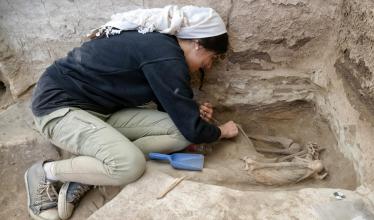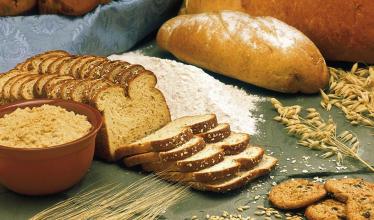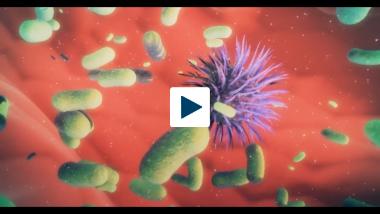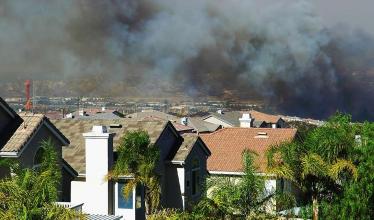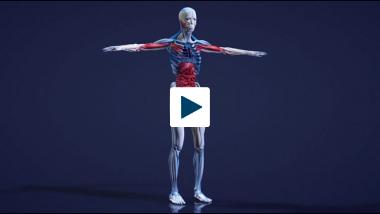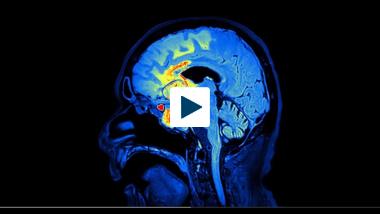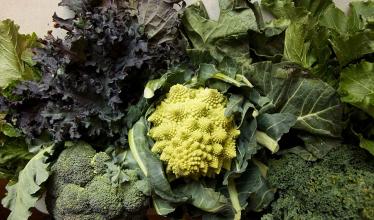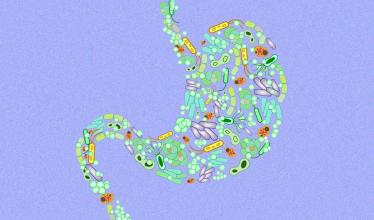Diet and disease
Violence and disease -- but also art and culture -- accompanied humanity's movement into increasingly populated areas.
Eating softer processed foods changed the position of humans' adult teeth, making it easier to say sounds like "f" and "v," new research suggests.
Researchers saw spikes in hospital visits, inhaler refills and violent crime in areas inundated by wildfire smoke.
Results of an International Atomic Energy Agency study on effective brachytherapy in resource-poor settings.
A neurosurgeon discusses what developments in the field mean for patients
Researchers detect presence of proteins in the saliva of people who ate bitter foods.
Scientists identified the key gene that helps certain rice varieties keep their heads above water.
Nutrition, food safety and local norms among many considerations that aid groups weigh before and during disaster response.
Scientists may have found an easier way to image the tiny brains of mice used to study human diseases.
Gut microbes compete with their host for a nutrient called choline.

